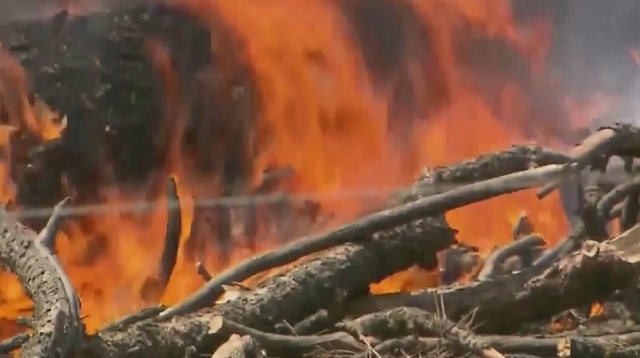Overview
- Analyzing semen from 84 men undergoing intrauterine insemination in 2018–2022, researchers observed declines during Seattle-area wildfire smoke episodes.
- Measures that fell during exposure included sperm concentration, total sperm count, total motile sperm count, and total progressively motile sperm count.
- The percentage of progressively motile sperm ticked up slightly but did not counter the overall reductions in sperm quality.
- The retrospective study compared results from pre- and during-smoke periods with each participant serving as his own control, and the pattern held across multiple smoke years.
- Senior author Dr. Tristan Nicholson said the findings reinforce growing evidence linking smoke exposure to reproductive risks, align with prior OHSU studies, and will be followed by a prospective pilot examining recovery.
